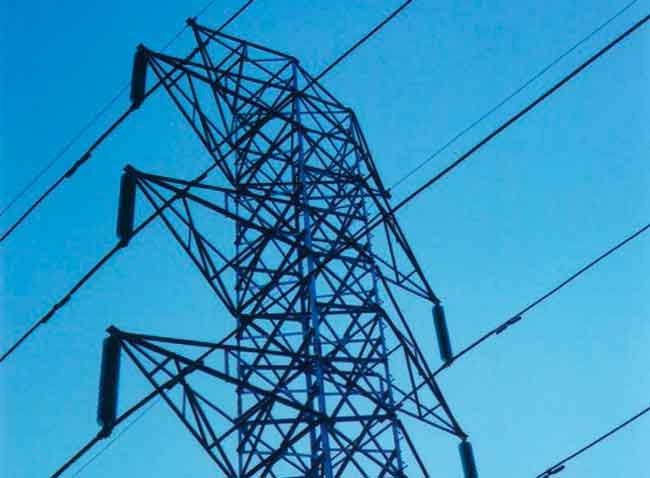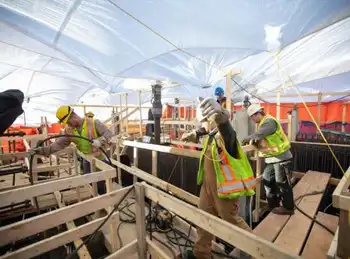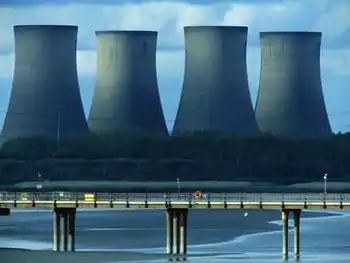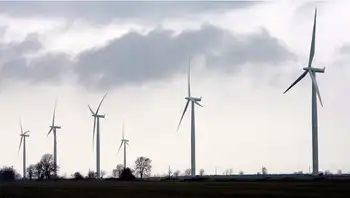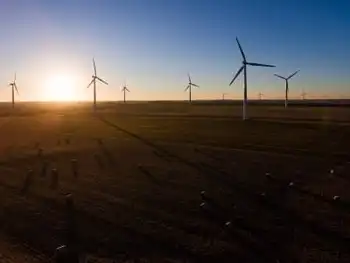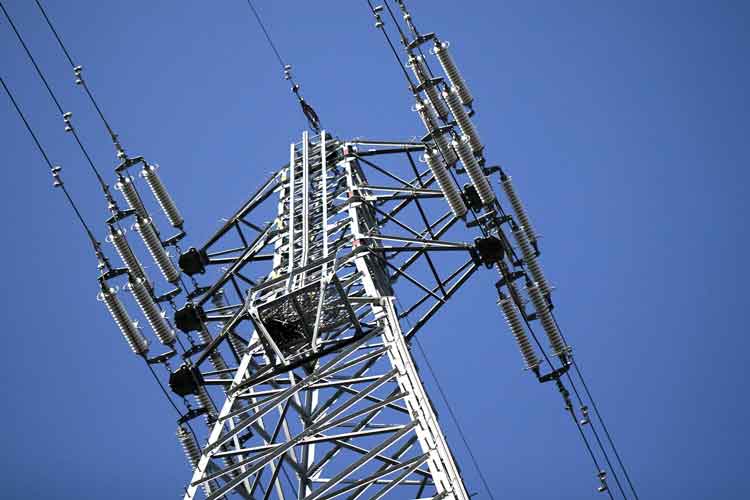Italy rejoins the nuclear club
By Power Engineering
Arc Flash Training CSA Z462 - Electrical Safety Essentials
Our customized live online or in‑person group training can be delivered to your staff at your location.

- Live Online
- 6 hours Instructor-led
- Group Training Available
Late last month, Claudio Scajola, industry minister, told Confindustria, an industrial employers association, that “we can no longer put off an action plan to return to nuclear power,” predicting that construction on new plants could begin as early as 2013.
This move was part of the campaign manifesto of the newly elected centre-right government, and Prime Minister Silvio Berlusconi speaking at his first cabinet meeting insisted that Italy should “start looking at nuclear power production.”
This decision is clearly a dramatic turnaround for Italy when you consider the public condemnation of nuclear power in its 1987 referendum, a year after UkraineÂ’s Chernobyl disaster, which resulted in the closure of its nuclear energy programme and the decommissioning of the its four operating nuclear reactors.
However, the BerlusconiÂ’s government gave few specifics to back the announcement, but subsequently officials said they were still studying issues such as what reactor design to use, and more importantly whether a new referendum would be legally required to enable the reintroduction of nuclear.
Environmental groups were quick to attack the plan, with Giuseppe Onufrio, a director of Greenpeace Italy, being reported as calling it “a declaration of war”.
Similarly, opposition politician Emma Bonino, who is vice president of the Senate, said that it did not make economic sense to build nuclear plants that would not be ready for 25 years. “We should be investing more in solar and wind and we should be moving much more quickly to improve energy efficiency”.
But conditions now are very different from those in the 1980s, when Europe turned its back on nuclear. With the skyrocketing price of oil (approaching $150 a barrel), European countries, which do not have their own oil and natural gas resources, are being forced by economics to consider new forms of energy and to do it fast.
Following Scajola’s announcement, Fulvio Conti, managing director of Enel SpA, Italy’s largest power company, said “we are ready”, but added that “new regulation and strong agreement on the plan within the country” would be needed. Enel currently operates at least one nuclear plant in Bulgaria and is said to be researching so-called fourth-generation nuclear reactors.
Giuliano Zuccoli, chairman of A2A SpA, an Italian-based multi-utility company, has also been reported as saying that his company is interested in the idea of creating an Italian consortium to build new nuclear plants in the country. The consortium would comprise major electricity producers, such as Enel, industrial groups that are heavy energy users and potentially local authorities. This approach has been successfully implemented in Finland to cover both the significant investments needed and decommissioning costs.
Although it is far from certain that Italy will once again produce electricity from nuclear power and thereby lessen its dependence on oil and gas, it has clearly made a decisive move towards this goal.
Italy is not alone in recently signalling its renewed interest in nuclear. Again last month, the Netherlands added its name to the growing list of European countries considering building new nuclear power plants.
The Netherlands is very gas-dependent, which is being compounded by the fact that its domestic gas reserves are dwindling fast. Maria van der Hoeven, the Dutch economics minister, said: “There are two questions: can we do without (nuclear) – and I don’t think we can – and do we need our own nuclear power plants?”
Sweden has also delayed the phase-out of its nuclear power, and apparently in Spain the argument for nuclear is growing in strength.
Taken together these certainly give credence to the belief of many inside and outside of the power industry that a nuclear bandwagon is definitely in town, and more importantly, appears to be picking up speed.





